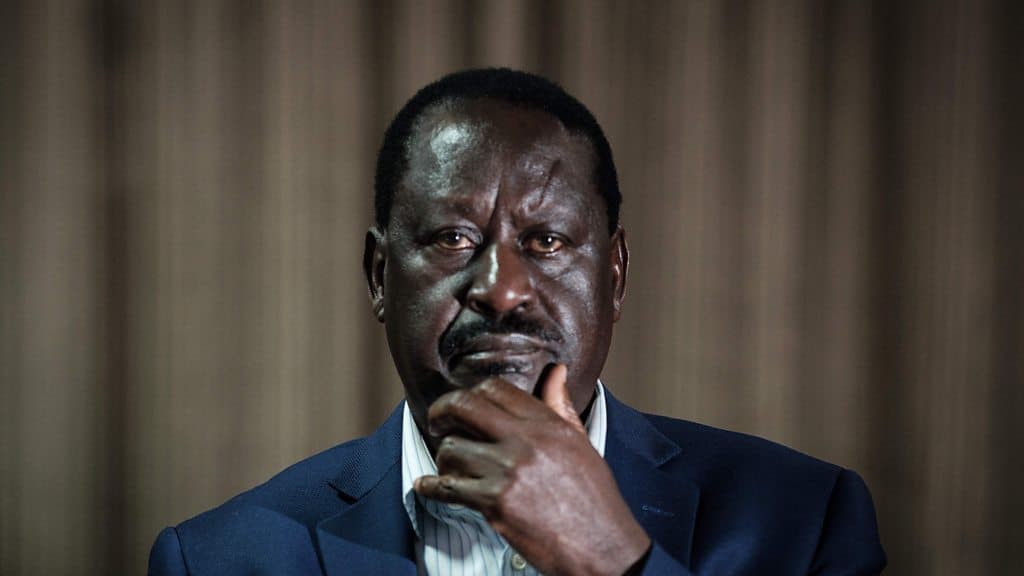Rich Content:
In the 21st century, China's rapid rise as a global superpower has reshaped the dynamics of international politics. Under the leadership of Xi Jinping, China has expanded its global influence economically, militarily, and diplomatically. But while its growing clout is undeniable, so is the growing concern over China's authoritarianism and its challenge to the norms of liberal democracy.
China’s rise comes at a critical time when many democratic countries are grappling with internal challenges such as political polarization, economic inequality, and populism. This has allowed China to present its own model—authoritarian capitalism—as a viable alternative to Western-style democracy. In this article, we will explore how China's rise is impacting global politics, its challenge to democratic ideals, and the potential consequences for the future of international governance.
China's Economic Power: A Global Shift
China’s economic transformation over the past four decades is nothing short of extraordinary. Once a poor, agrarian society, China is now the world’s second-largest economy and a dominant player in global trade, technology, and manufacturing.
Belt and Road Initiative: One of the key drivers of China’s expanding influence is the Belt and Road Initiative (BRI). Launched in 2013, this multi-trillion-dollar infrastructure project aims to connect Asia, Europe, and Africa through a network of trade routes, ports, and railways. By financing massive infrastructure projects in developing countries, China is not only expanding its economic reach but also building strategic partnerships with governments across the globe. However, critics argue that the BRI is a form of debt-trap diplomacy, where developing countries become financially dependent on China, thus giving Beijing significant leverage over their political decisions.
Technological Leadership: China is also positioning itself as a global leader in technology, with major investments in artificial intelligence (AI), 5G, and quantum computing. Companies like Huawei and ZTE have emerged as key players in the global tech landscape, challenging Western dominance. However, China's technological ambitions have also raised concerns about cybersecurity and surveillance, as the authoritarian government uses these technologies to monitor its own citizens and potentially expand its reach abroad.
China’s economic might has enabled it to reshape global trade, investment, and supply chains, positioning itself as an indispensable partner to many countries while simultaneously increasing its geopolitical leverage.
Authoritarianism at Home: The Chinese Model
At the heart of China's political system is its one-party state, dominated by the Chinese Communist Party (CCP). Under Xi Jinping, the CCP has consolidated power to an unprecedented degree, with Xi himself abolishing term limits, effectively making him China’s leader for life.
State Surveillance: One of the hallmarks of China’s authoritarianism is its extensive system of state surveillance. The government uses advanced technology to monitor its citizens through facial recognition cameras, social media platforms, and mobile apps. The Social Credit System, which tracks citizens' behavior and assigns scores based on their actions, serves as both a tool of governance and control, encouraging conformity while punishing dissent.
Human Rights Abuses: China's authoritarianism extends beyond surveillance. The CCP has been widely criticized for its human rights abuses, particularly in regions like Xinjiang, where it is accused of running re-education camps for Uyghur Muslims, subjecting them to forced labor, indoctrination, and even sterilization. The CCP’s repression of pro-democracy movements in Hong Kong and its strict control over information flow, with censorship of foreign media and the internet through the Great Firewall, have also drawn widespread international condemnation.
Despite these authoritarian practices, China has presented its political system as a success story—a stable, effective government that delivers economic growth and maintains social order without the chaos of electoral politics.
China's Challenge to Global Democracy
As China’s influence grows, so does the challenge it poses to the liberal democratic order established by Western nations after World War II. Democracy and authoritarianism are increasingly in competition for the future of global governance, with China positioning itself as a model for other nations, particularly in the developing world.
Soft Power Diplomacy: China’s influence extends beyond economics and military power through its use of soft power diplomacy. Through cultural exchanges, media outlets like CGTN, and investments in international organizations like the United Nations, China is attempting to reshape global norms to reflect its values and interests. Confucius Institutes, for example, promote Chinese culture and language in universities across the world, while at the same time avoiding any criticism of the CCP's political practices.
Global South Alliances: Many developing countries have turned to China as a partner for investment and infrastructure, seeing Beijing as a viable alternative to the U.S. and Europe, which often impose conditions related to human rights and governance on their aid. China’s no-strings-attached approach to investment has won it many allies in Africa, Latin America, and Southeast Asia. However, these partnerships have sparked concerns about the erosion of democratic governance in regions where China’s authoritarian model might be seen as preferable to Western democratic standards.
Democratic Responses: Can the West Compete?
China’s rise has prompted significant debates among Western democracies about how to respond. From economic policies to military strategy, democratic nations are recalibrating their approach to China’s ascent, but they face a dilemma: How can they counter China's growing influence without provoking direct conflict?
Economic Decoupling: The U.S. and its allies are increasingly discussing the possibility of decoupling from China’s economy, particularly in critical industries like semiconductors, pharmaceuticals, and rare earth materials. While complete decoupling may be unrealistic given China’s central role in global supply chains, Western countries are seeking to reduce their dependency on Chinese technology and manufacturing, especially in sectors related to national security.
Military Alliances: Western countries are also strengthening their military alliances in response to China’s growing assertiveness, particularly in the Indo-Pacific region. The U.S. has increased its military presence in the region, forming new alliances like AUKUS with Australia and the United Kingdom to counter Chinese influence. The Quad Alliance, comprising the U.S., India, Japan, and Australia, has also stepped up its efforts to promote a free and open Indo-Pacific, in direct contrast to China’s territorial claims in the South China Sea.
Human Rights Sanctions: Democratic nations have sought to hold China accountable for its human rights abuses through diplomatic pressure and economic sanctions. The U.S., EU, and Canada have imposed sanctions on Chinese officials responsible for the repression in Xinjiang and Hong Kong, and there is growing debate over the role of international organizations like the United Nations in addressing China's human rights record.
However, balancing economic interests with geopolitical strategy has proven difficult for many Western nations, as they remain heavily intertwined with China’s economy.
The Future of Global Politics: A Bipolar World?
As China continues to rise, many analysts predict a future in which the world is divided into two competing spheres of influence: one dominated by the liberal democratic values of the West, and the other shaped by China’s authoritarian capitalism.
The New Cold War?: Some have described the current U.S.-China relationship as the beginning of a New Cold War, characterized by economic rivalry, technological competition, and military posturing. However, unlike the Cold War with the Soviet Union, China is deeply integrated into the global economy, making direct confrontation more costly and complex.
Multipolarity: Others suggest that the future will not be bipolar but multipolar, with multiple centers of power emerging around the world. In this scenario, countries may not have to choose between the U.S. and China but can instead navigate a more diverse international system with varying alliances and partnerships.
What remains clear is that China’s rise is reshaping the global political landscape, and the democratic world must adapt to the new reality of a powerful authoritarian state that challenges its values and influence.
Conclusion: The Dawn of a New Era
China’s ascent to global power marks a turning point in international politics, where the ideals of liberal democracy and authoritarianism are in direct competition. As China seeks to export its authoritarian model and challenge Western hegemony, democratic nations must decide how to respond to this new reality. Will the world see a reassertion of democratic values, or are we witnessing the dawn of a new era in which authoritarianism gains ground?
The coming decades will determine the outcome of this global struggle, and the stakes have never been higher.
Tags: China, global politics, democracy, authoritarianism, Belt and Road Initiative, Xi Jinping, economic power, human rights, U.S.-China relations, international diplomacy







